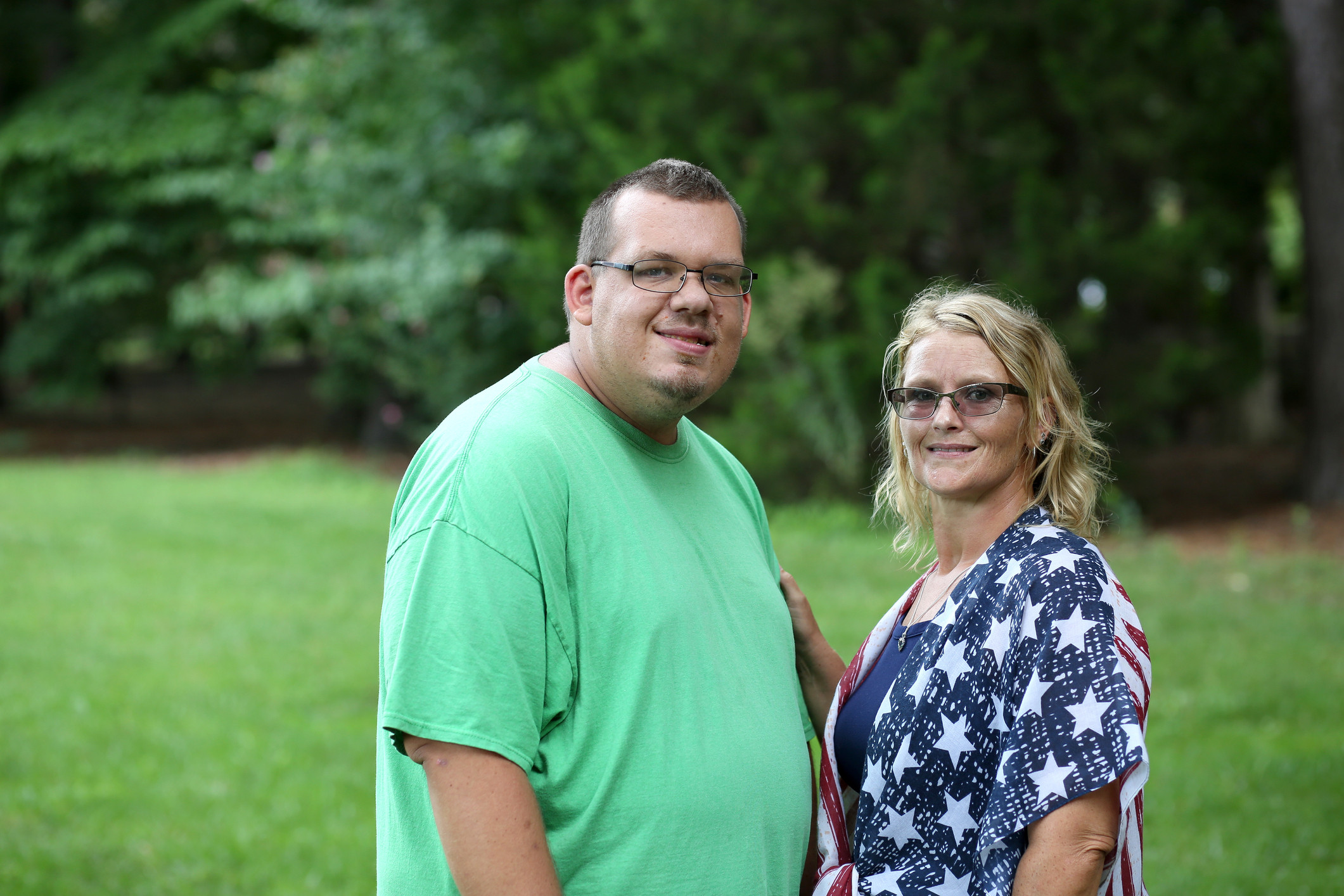
Tips to leverage neuroplasticity to maintain cognitive fitness as you age

Can white noise really help you sleep better?

Celiac disease: Exploring four myths

What is prostatitis and how is it treated?

What is Cushing syndrome?

Exercises to relieve joint pain

Think your child has ADHD? What your pediatrician can do

Foam roller: Could you benefit from this massage tool?

Stepping up activity if winter slowed you down

Common causes of cloudy urine
Neurological Conditions Archive
Articles
How is treatment for myasthenia gravis evolving?
Myasthenia gravis (MG) is a rare neuromuscular disease that impairs the transmission of nerve signals to muscles, causing temporary weakness of affected muscles. While treatment is complex, recently updated guidelines have added to the understanding of MG and are improving approaches to treatment.
What is COVID-19 brain fog — and how can you clear it?
We’ve all experienced the feeling of sluggish, fuzzy thinking and a lack of sharpness, possibly caused by an illness or a medication. But what if that feeling didn’t go away and your thinking didn’t return to normal? That’s the situation for some people who have recovered from COVID-19, and there can be long-term effects on other organs as well.
The hidden long-term cognitive effects of COVID-19
it is becoming increasingly clear that COVID-19 affects the nervous system along with the respiratory system. Research is suggesting that this may result in long-term neurologic damage in those who survive a COVID infection, including evidence of effects on cognitive function.
Treating neuropathy: Which medication is best?
Millions of people suffer from the burning, tingling, and numbness of a form of neuropathy called idiopathic sensory polyneuropathy. A recent study directly comparing four medications produced disappointing results, but is a step in the right direction.
How to recognize a ministroke or stroke — and what to do
A transient ischemic attack (TIA), or ministroke, is caused by a temporary lack of blood in part of the brain, usually from a clot. The fleeting symptoms of a TIA can be a warning of risk for an imminent, more serious stroke. In the event of a stroke, getting help immediately is crucial, and knowing the signs will make that more likely.
Why is music good for the brain?
A study conducted by AARP found correlation between a person’s engagement with music and their opinion of their brain health and cognitive ability. While the study did not involve any objective measure of brain health, music has been shown to activate multiple areas of the brain, and keeping brain pathways active helps keep the brain strong in older age.
Does air pollution cause Alzheimer’s disease?
It has been known for some time that air pollution causes heart and lung diseases. Now, results from three different studies on populations in different parts of the world show an association between higher levels of air pollution and greater risk of cognitive impairment, dementia, and Alzheimer’s disease.
Reducing your risk of changes in thinking following surgery
As more older people undergo surgeries, the risk of complications increases, including for cognitive decline following their procedures, particularly after cardiac surgery. But awareness and pre-planning with your care team can help you avoid such complications.
Strategies to support teens and young adults with autism spectrum disorder during COVID-19
The conditions imposed by the COVID-19 pandemic are challenging for all of us, but are especially difficult for teenagers with autism spectrum disorder and their families. Strategies to support teens and families living with ASD can help lessen the impact of the virus.
Opportunities for growth: Transitions for youth with autism spectrum disorder
For young people with autism spectrum disorder, the transition from adolescence to adulthood is marked by changes in many areas of their lives. Healthcare providers and caregivers can make this transition smoother and help their patients meet these challenges.

Tips to leverage neuroplasticity to maintain cognitive fitness as you age

Can white noise really help you sleep better?

Celiac disease: Exploring four myths

What is prostatitis and how is it treated?

What is Cushing syndrome?

Exercises to relieve joint pain

Think your child has ADHD? What your pediatrician can do

Foam roller: Could you benefit from this massage tool?

Stepping up activity if winter slowed you down

Common causes of cloudy urine
Free Healthbeat Signup
Get the latest in health news delivered to your inbox!
Sign Up











